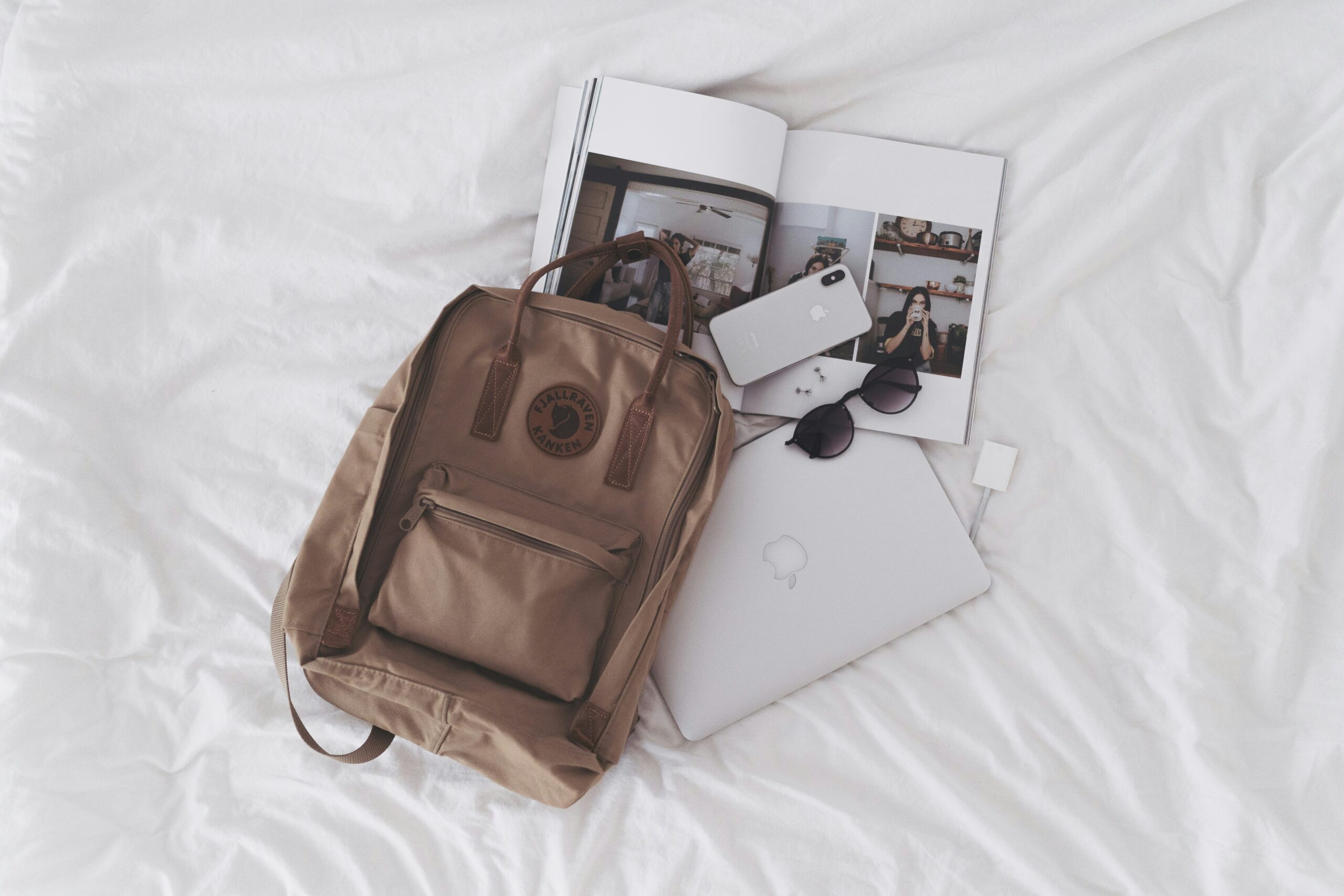Living with chronic illness often means being prepared for anything, especially on busy workdays. Whether you’re commuting to an office or working remotely, having a few essential items on hand can make a huge difference in how you manage symptoms, conserve energy and stay comfortable throughout the day. Here’s a look at seven must-have workbag essentials to help you feel supported and ready for anything the day brings.
1. Reusable Water Bottle
Staying hydrated is essential for energy and focus, especially for those managing chronic illness. A reusable water bottle keeps you prepared, whether you’re at your desk, on the go, or in meetings. Consider a bottle with time markers or one that tracks your intake if you find it challenging to keep up with hydration.
Tip: Try adding a slice of lemon or a few mint leaves for a refreshing boost!
2. Healthy, Easy-to-Eat Snacks
Energy levels can dip unexpectedly, making it essential to have nutritious snacks on hand. Choose snacks that are easy to carry, require no refrigeration and offer a balanced mix of protein, healthy fats, and fibre. A few ideas include protein bars, nuts, trail mix, or single-serve nut butter packets.
Tip: Pre-portion snacks into small bags for quick access and easy packing.
3. Portable Charger
Nothing adds stress quite like a low battery, especially if you rely on your phone for scheduling, symptom tracking, or staying in touch with support systems. A lightweight, portable charger ensures that your devices stay powered up wherever you are.
Tip: Look for compact chargers with multiple ports if you carry more than one device.
4. Personal Comfort Items
Comfort is key when managing chronic illness symptoms. Pack a few small items that provide relief, such as a heat pad, cooling patch, or essential oil roller for on-the-spot aromatherapy. Lavender, peppermint, or eucalyptus oils can be especially soothing.
Tip: Try a travel-size comfort kit with all your essentials in one small bag to keep things organised and easy to access.
5. Symptom Management Tools
If you use specific items to help manage your symptoms, keep a compact version in your bag. This could include a pain relief balm, a small pill organiser, or wrist splints if you have joint pain. Having these items close by can make the difference between pushing through pain and getting relief when you need it.
Tip: For easy access, designate one small pouch for all symptom management tools so you can quickly grab what you need.
6. Noise-Canceling Earbuds or Headphones
Sensory sensitivity or fatigue can make noisy environments overwhelming. Noise-canceling earbuds or headphones can help create a quieter space, ideal for resting during a break or focusing on work without distractions. I also carry Loop earplugs with me in case I experience noise sensitivity.
Tip: Consider downloading a few soothing or instrumental playlists, which can be helpful for easing stress on low-energy days.
7. Planner or Digital Tracker
Staying organised can reduce stress, especially when managing energy levels and work responsibilities. A small planner or a digital tracking app can help you monitor your schedule, jot down reminders, or track symptoms. If you find it helpful, use an app like Visible or Bearable to log symptoms and activities, helping you keep tabs on your baseline.
Tip: If using a paper planner, choose one with extra pages for notes or reflections, allowing you to capture insights on what helps or hinders your daily energy levels.
Building Your Survival Kit
These workbag essentials can help you feel more prepared and supported as you tackle the day, no matter where work takes you. By packing a few of these items, you can make your workday more comfortable, boost your energy levels, and stay focused on what matters.
For more tips on managing chronic illness at work, download my FREE 30-Day Guide to a Symptom-Free Workspace and create an environment that supports you every step of the way.
And don’t forget to connect with me on Instagram @theemaspry for daily tips and inspiration tailored to chronic illness warriors!
Disclaimer:
The content in this blog is based on my personal experience of living with chronic illness and is shared for informational purposes only. It is not intended as a substitute for professional medical advice, diagnosis, or treatment. Always consult with your GP or healthcare professional before making any changes to your lifestyle, work routine, or health management. The tips and strategies shared here can be used alongside medical advice to support your well-being.

View comments
+ Leave a comment